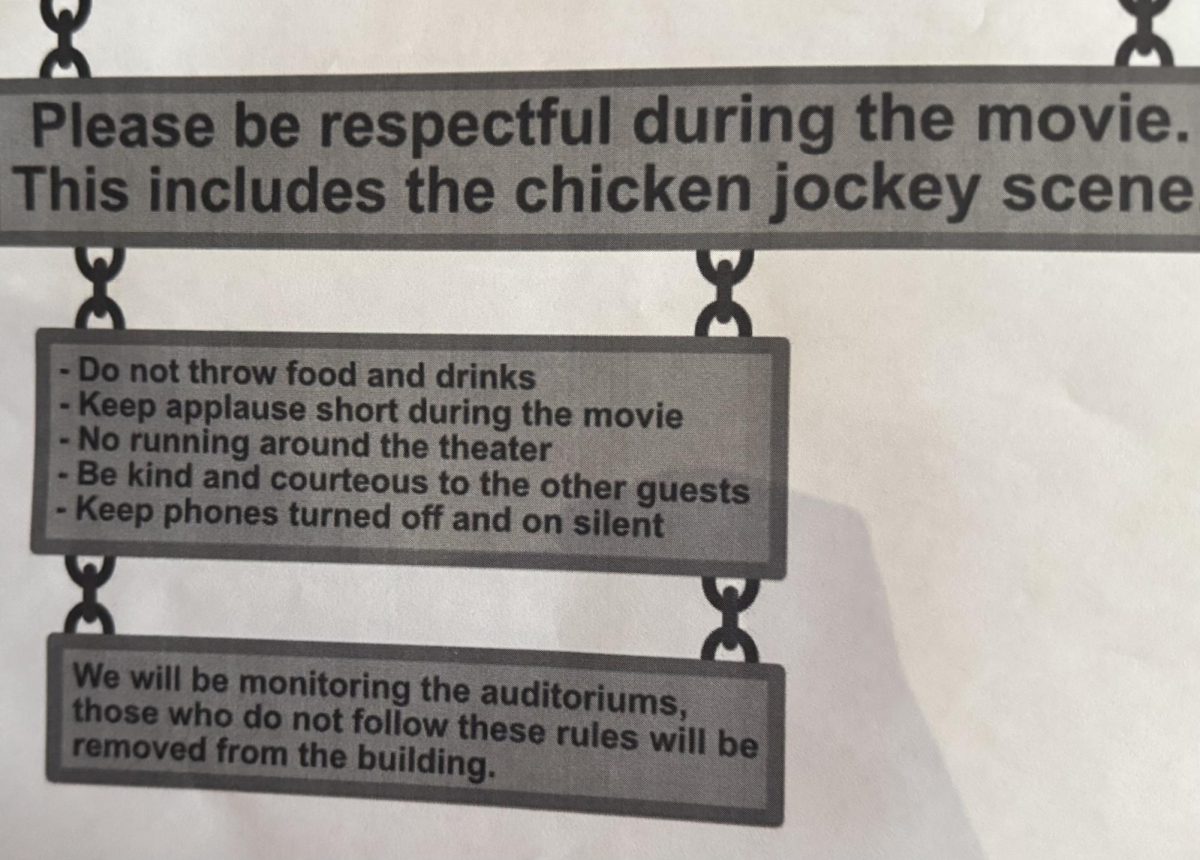In the week following the attacks on Paris last November, Facebook was awash with users adding a watermark of the French flag to their profile pictures as symbols of solidarity. #PrayForParis was ubiquitous on social media, and the story dominated the news cycle. Although lacking its own profile picture watermark, the bombings in Brussels elicited a similar response.
Since the bombings in Brussels on March 22, there have been two other major international acts of terrorism, but neither has garnered the same reaction. Suicide bombers from the Islamic State were sent to an Iraqi soccer game in a majority Shia area, killing more than 30 civilians. On Easter Sunday, 72 innocent Christians were killed in a public park in Lahore, Pakistan during festivities in a bombing that targeted women and children.
Only one Facebook friend of mine has expressed their sympathy for the victims of either incident online. I have yet to hear the attacks brought up in conversation once. Why the contrast with November, or even a week ago, when the world competed to see who could express their condolences most profoundly? Perhaps it is because attacks against Pakistanis and Iraqis are not considered atrocities of equal magnitude as attacks against western, predominantly white nations.
The latter two acts of terrorism that I have mentioned both occurred in the eastern hemisphere. They were both carried out against brown people. And the outcry has been noticeably negligible. We need to change the way that we, as a society, respond to tragedy because recent reactions have been nothing more than self-congratulatory, superficial and contrived attempts to be global citizens.
Proponents of the tricolor watermark to Facebook pictures will argue that they are just showing they care about the situation at hand. Does this mean that I, or my hundreds of Facebook friends who left their profile pictures unaltered, support ISIS? Does our not showing solidarity online tacitly condone terrorism?
Of course, the answer is no. There is no need to clarify with whom our sympathies lie. It would be asinine to suggest that everyone who used a profile picture filter in November is pro-ISIS now because they don’t have the red, white and black of the Iraqi flag adorning their Facebook page today. So why do we need to change our profile pictures to let people know that we care?
The reality is that changing your profile picture is nothing more than a self-serving move to generate an onslaught of likes and notifications, all of which will reaffirm that you are a good person, a true global citizen, the change that we need to see in the world. Facebook “likes” do nothing to improve the condition of those wounded, nor do they improve the mood of grieving families. You are doing it for yourself, because you want to believe that you are as caring a person as you think you are without doing anything or helping a single person in need.
The contrast between the self-gratifying illusion of the internet and reality is illustrated starkly by the response to recent terror attacks. Only white countries get hashtags. Only white countries get shown solidarity by the layperson. Most of this country will never hear about the wanton violence in Lahore on Easter because it is simply not covered.
Facebook, which led the charge in #PrayingForParis, did not include Pakistan in its top 10 trending news headlines on Easter. Instead, it opted for stories about easter egg hunts gone wrong, Adele — a woman at her concert was injured by a falling prop — and Chris Farley, whose likeness recently appeared in a video game (!). Compare this to the ubiquitous coverage of the Paris or Brussels attacks.
Why is this the case? Sadly, it boils down to this conclusion: the lives of brown people are seen as less important than the lives of white people. Attacks against Paris and Brussels seem close to home. Many Macalester students have been to France or Belgium or know someone who has. Those countries are similar to the United States, and if it can happen to them, it could happen to us, a truly frightening concept.
It is too easy to be willfully ignorant of the horrors of the bombings in Iraq and Pakistan. Those countries are not like us. Danger there does not pose a threat to us. Moreover, because there is a cultural difference between the average American and Pakistani or Iraqi, their deaths are marginalized in public opinion.
Macalester hosted two evenings of grieving over Paris and Brussels, but none for either Iskandariya or Lahore. The first posts in the Daily Piper on both November 16 and March 23 advertised a community vigil for Paris and the availability of support systems on campus in the wake of “heightened awareness of acts of terrorism around the world” (read: Brussels and Paris).
There was no mention of Pakistan in Monday’s Daily Piper, nor was there a vigil held for Iraq. For all the sympathy shown by so many over the loss of life in white countries, it has mysteriously disappeared in response to similar casualties in brown ones, suggesting that it was superficial and insincere. And for a college community and administration that so avidly conditions itself to believe that Macalester is a multicultural and globally-conscious school, the lack of attention paid to barbarity on the other side of the world is nothing short of appalling.
Stop trying to impress people with your faux outrage and sympathy. If you do genuinely care about Paris and Brussels, you should make the effort to stay informed so you can show the same level of concern when terrorism strikes the Third World. But ask yourself when a tragedy occurs: why do I care? Do I care enough to help? If so, how can I do so in a meaningful way? The question should not be: how can I make this about me? How many likes will I get on my new profile picture?
Human life deserves more than to be marginalized by a kitschy filter. And you can do better than congratulating yourself for being a kind person by tossing a hashtag at the end of some corny tweet to get a couple extra favorites. No one will think less of you if you don’t post, but you can be a positive example to those around you by engaging in legitimately altruistic behavior







Alison Roberts • Sep 12, 2019 at 1:12 am
Appreciate it for sharing the information with us.
Jason Manning • Sep 8, 2019 at 10:22 am
This article regarding SEO provides clear thought designed for new SEO viewers that how to do SEO, so keep it up. Good job